If you plan a trip to Georgia, you are in for an exciting adventure. But visiting a new country can be pretty frightening, especially if you bravely venture off the beaten path. And while finding detailed travel guides and lists of helpful tips for Italy, Spain, and Russia travel is a matter of a few minutes, there is much less information about Georgia available. But don’t worry, we’ve got you covered. In this post, we’ve collected a few not trivial things you need to know before your trip to this magnificent country.
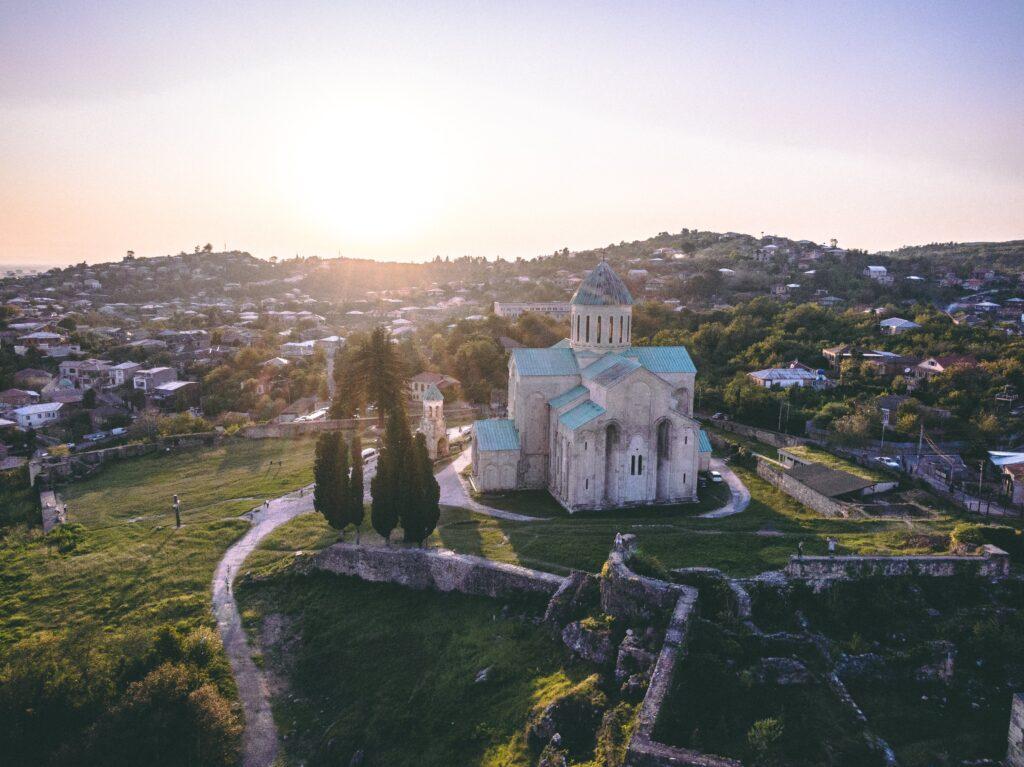
Top 10 Georgia Travel Lifehacks
1. Georgian airports are extremely expensive
To buy something in an airport in Georgia is a sure way to bankruptcy. Everything is terribly overpriced. For example, the cost of a tiny bottle of water is comparable to a glass of good wine in a local restaurant. The currency exchange points are also a far cry from fair, and the rates are meant to rip you off. If you need anything upon arrival, it’s better to wait till you get to the city and purchase it there.
2. Finding an exchange point after business hours is almost impossible
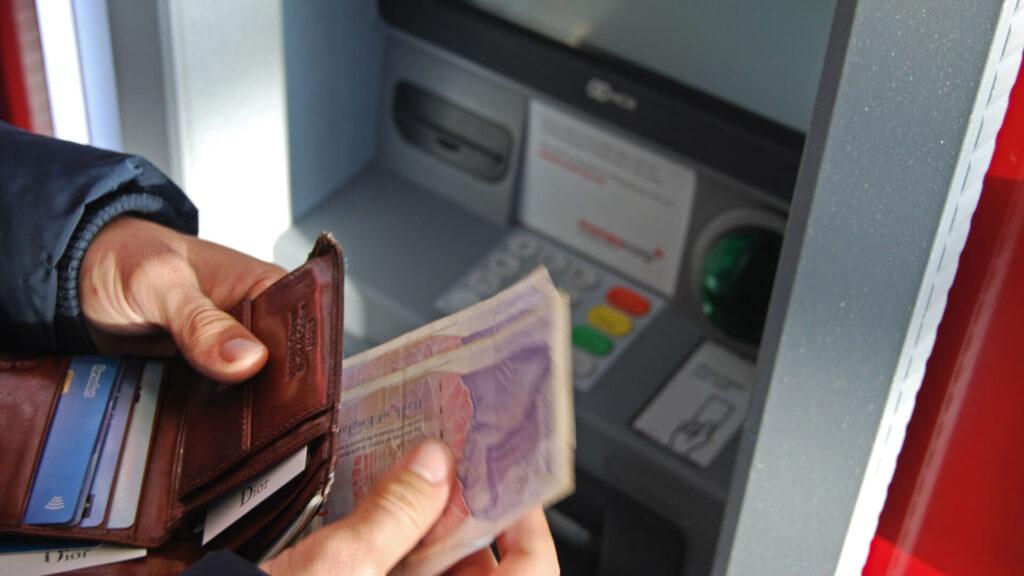
Finding a currency exchange point in Georgia isn’t difficult, although finding one with an adequate exchange rate can be tricky. But finding a bank that works late in the evening is a quest not much easier than getting the Ruling Ring to Mordor. Don’t trust the big shining signs “24/7” – these branches don’t work either. So if you need to use the currency exchange service, make sure to do it during the day. And please, get USD or EUR before departure. Otherwise, you might struggle with more problems in finding a bank accepting other currencies.
3. Bring all the necessary medication with you
Don’t get us wrong, Georgia doesn’t have problems with medicines supplies, and pharmacies are not incredibly rare. The issue is that the drug stores (even big fancy ones) usually don’t keep a big stock of medicine beyond basic pain reliefs and fever medications, so finding something less generic might require quite a lot of running around the city. Bring all the necessary medicines with you to be on the safe side.
4. Learn a few phrases in Georgian
The chances of having problems with the language barrier in your hotel or during the sightseeing tours tend to zero if you plan your Georgia travel with a trusted tour operator. However, keep in mind that not everyone in the country speaks English well, which might cause some inconvenience when you are on your own. Learning some useful Georgian phrases is a terrific way to learn more about the local culture and a fantastic way to avoid potential difficulties. Plus, locals love travelers who try to speak their language. Unofficially, all markets offer three categories of prices: for locals, for travelers who speak Russian, and for tourists who speak English. Guess who gets to pay the most.
5. Always haggle
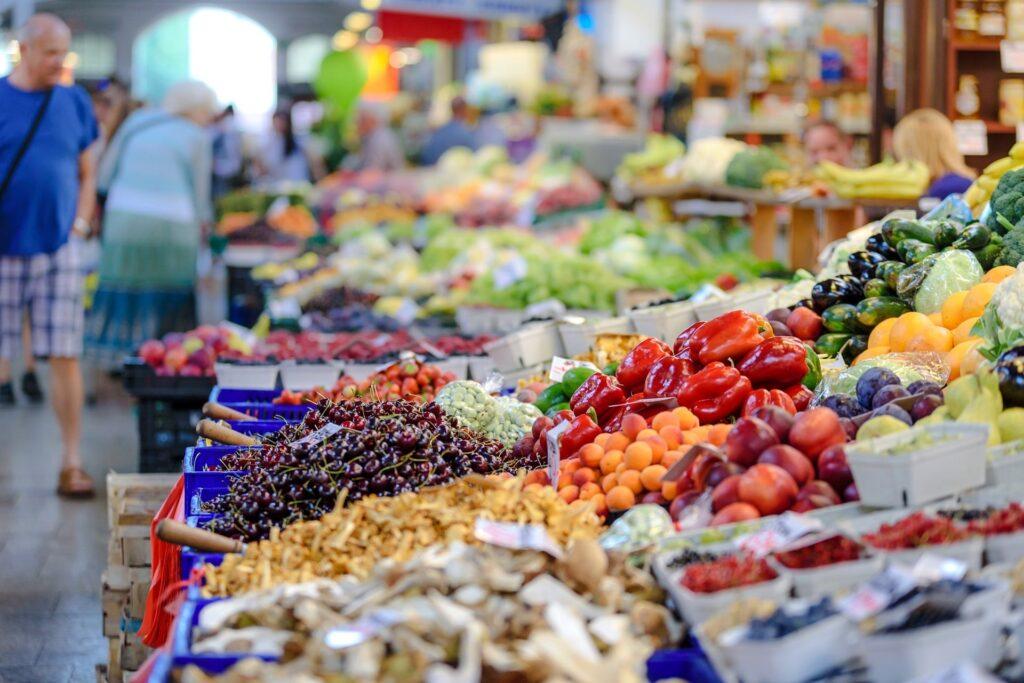
Haggling is not only allowed, but it is expected and respected. Don’t get us wrong, the rule doesn’t apply to restaurants, chain shops, museums, and other places where costs are officially regulated, but markets, local taxis, and small souvenir vendors are all great places to hone your skills in the craft. Plus, haggling is an easy way to check if the requested price is fair. If the salesman quickly agrees to lower the cost – it was inflated to start with.
6. Don’t be afraid to speak with the locals
There is no better source of information on how to travel around the country, what things to see, and which restaurants serve the best khinkali than the locals. You can read all existing Georgia travel guides, but there will always be gems that aren’t listed anywhere. Of course, they are neither as grand as the renowned sights nor as significant, but still are quite exciting. You are unlikely to find Kutaisi’s sulfur baths, an abandoned swimming pool in an old Soviet sanatorium, or an old military plane in the middle of a desert on a typical Georgian tour program. But visiting them in your free time is a splendid way to make unique memories and spice up your getaway.
7. Eat khinkali right

The Georgian cuisine is one of the major reasons why everyone should visit this amazing place at least once. Unlike traditional Mediterranean cuisine, authentic local dishes are all about comfort foods. And there is nothing more Georgian than khinkali, delicious knobs of thin dough stuffed with meat and spices. But you need to know how to eat it right because it’s not a standard fork-and-knife situation.
Using your hands, lift one dumpling by the top (also known as the crown) and take a small bite, ensuring that the stuffing stays inside. Then drink the spicy bouillon first before properly biting into the treat. No forks, use only your hands! And keep in mind that you shouldn’t eat the crown of the khinkali. Just leave it on a plate.
A helpful tip: if your food gets cold, feel free to ask the waiter to fry the remaining dumplings. The result won’t disappoint.
8. Don’t wear silver to Abanotubani
The famous historical district of Tbilisi, famous for its public sulfur baths, is one of the city’s most famous landmarks. Probably all people visiting the lively Georgian capital have seen the peculiar landmark, but only a few had actually visited the sight. If you are curious and plan to enjoy the esteemed baths, make sure to leave all jewelry at the hotel. The high amount of hydrogen sulfide in the water is perfect for your health, but it’s a death sentence for everything made of silver!
9. Svaneti salt will make a great souvenir
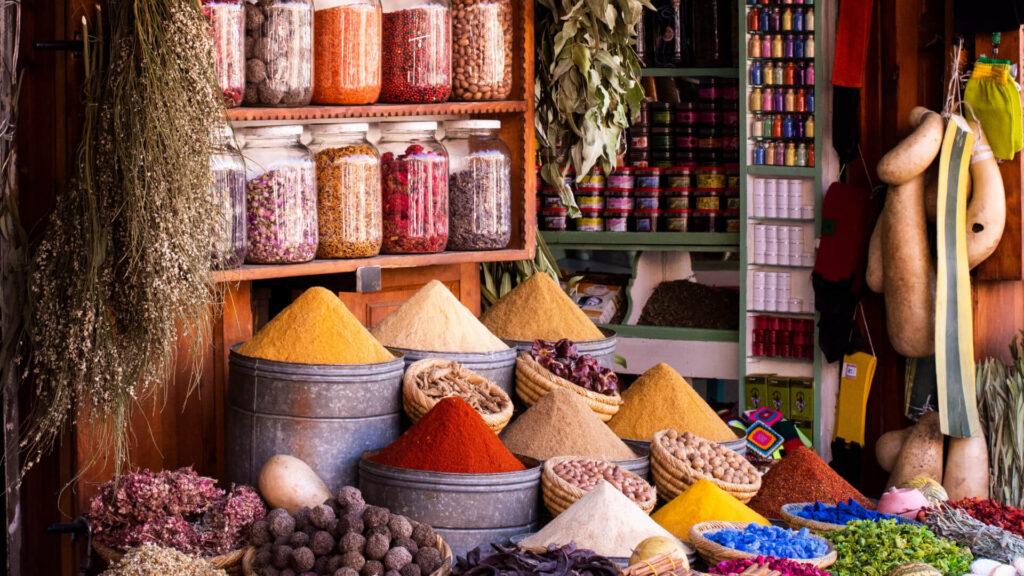
Local spices are a great option to consider if you are on the market for an interesting out-of-the-box souvenir to bring back from your trip. As you know, Georgians have a flair for spicing, and Svaneti salt is famous among chefs worldwide. It has nothing to do with the packaged seasoning you can find in any grocery shop. Svaneti is an exquisite blend based on sea salt, featuring caraway, coriander, fenugreek, Tellicherry black pepper, garlic, and chile. Together with a bottle of local wine, Svaneti salt would make a perfect souvenir for your nearest and dearest.
10. Try local wines
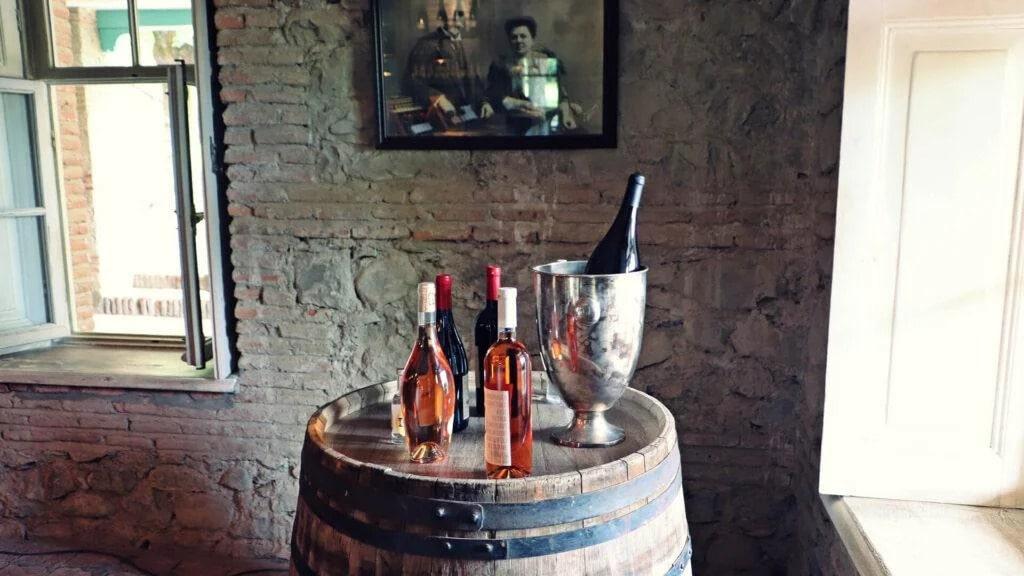
Georgia is one of the oldest winemaking countries in the world, and the region’s wines are a matter of immense pride among locals. In any restaurant, you will find an excellent selection of Georgian wines, so exploring this side of the country’s cultural heritage is not difficult at all. But the experience shouldn’t be limited to the bottled wines you can find in cafes and shops. Small wineries in Georgia offer wine on tap, and the unique product is usually just as good (if not better). And if you want to try the authentic wine aged using the traditional Kvevri clay jars, head to one of the wineries in the Kakheti region.
Here, now you are all set and ready to explore the wonders of Georgia! Hopefully, keeping these lifehacks in mind will help you navigate the local culture confidently and enjoy an unforgettable vacation in this unique place. Just be careful. The chances are that you won’t want to leave.





